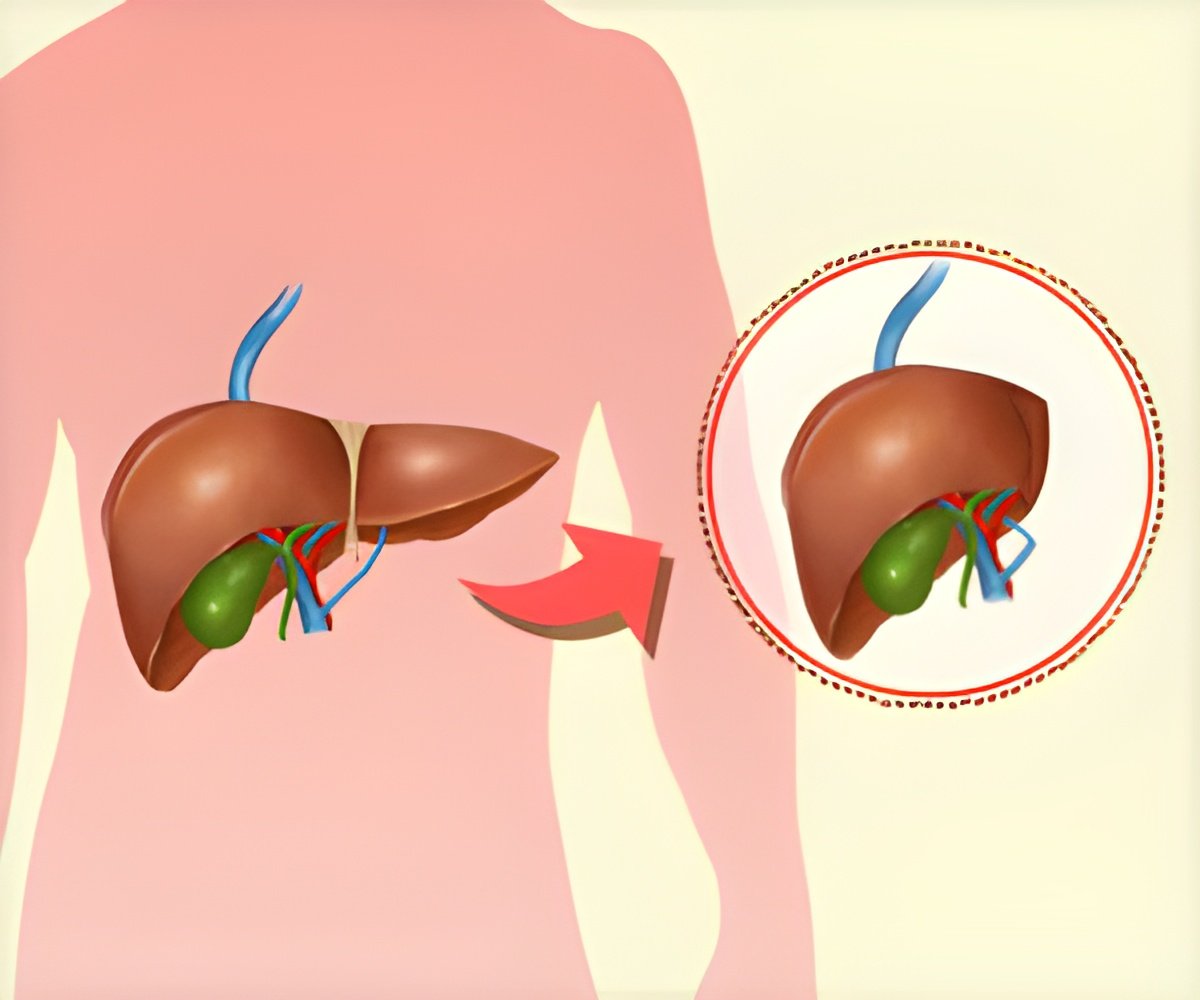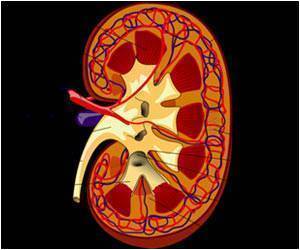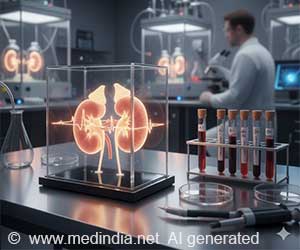Biologists use immunoproteasome inhibition to prevent chronic antibody-mediated allograft rejection.
Almost half of all organ recipients experience antibody-mediated organ rejection within ten years of the transplantation. Pharmacological agents for the suppression of chronic rejection are currently unavailable. While non-selective proteasome inhibitors can suppress antibody-mediated allograft rejection, their side effects severely limit their application.
Immunoproteasome inhibition, in contrast, has proved effective in preclinical models of autoimmune diseases and was applied over weeks without obvious adverse side effects. Using a rat model, the researchers, led by Marcus Groettrup, were able to show that immunoproteasome inhibition kills the activated plasma cells that produce allo-antibodies against the transplanted kidneys and lead to organ rejection.
Selective immunoproteasome inhibition using the inhibitor ONX 0914 reduced the number of B cells and plasma cells and suppressed donor-specific allo-antibody production. The transplantations were performed by Dr Jun Li, a urological surgeon from the Cancer Institute Chongqing in China, who is an international expert for microsurgery and currently works at the University of Konstanz thanks to a scholarship awarded by the Chinese Scholarship Council.
TOP INSIGHT
Immunoproteasome inhibition kills the activated plasma cells that produce allo-antibodies against the transplanted kidneys and lead to organ rejection.
"These results are a huge success. We can completely prevent organ rejection in all animals, also observing that allo-antibodies are virtually absent. The inflammation parameters in the transplanted kidneys decreased significantly and renal function in all recipients is excellent", summarises Marcus Groettrup, adding that these results suggest immunoproteasome inhibition as a promising therapeutic approach to suppress chronic antibody-mediated rejection.
Groettrup’s structural model of the immunoproteasome is considered a milestone in the development of new agents in the fight against autoimmune diseases like diabetes, rheumatoid arthritis and multiple sclerosis. As early as the 2000s, Groettrup was able to define the immunoproteasome as a regulator of cytokines that are responsible for triggering autoimmune diseases. Pharmaceutical immunoproteasome inhibitors, which are presently tested in a first clinical trial, might allow us to fight autoimmune diseases and prevent the chronic rejection of transplant organs without compromising the patients’ entire immune system.
Source-Eurekalert

 MEDINDIA
MEDINDIA



 Email
Email





